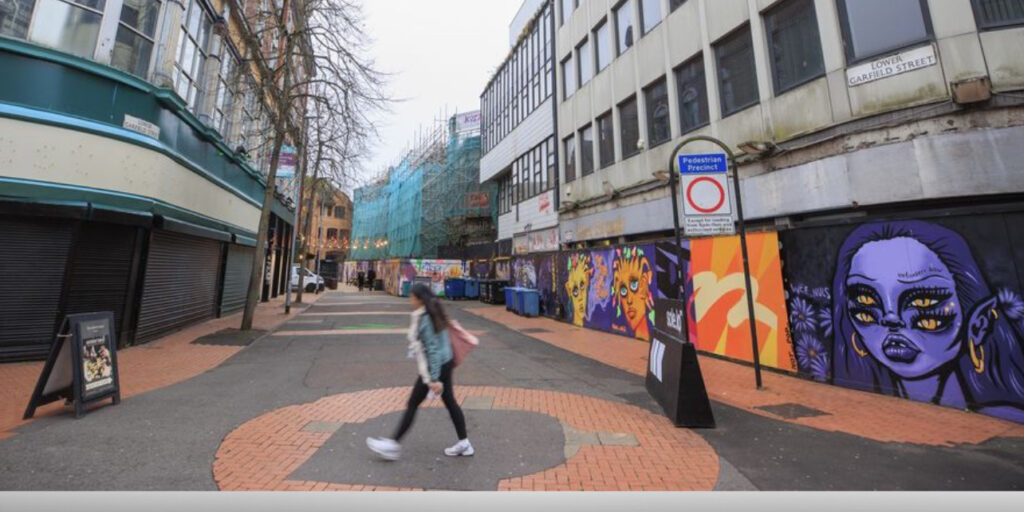A sobering reality looms over Northern Ireland this Christmas, as more than 5,000 children face spending the festive season in temporary accommodation.
Recent figures reveal that, as of November, 5,378 children, including 3,385 aged nine and under, are without a permanent home—a staggering 121% rise since January 2019, when the number stood at 2,433.
The total number of households in temporary accommodation has doubled in just four years, surging from 2,065 in 2019 to 4,908 in November 2024.
The crisis extends beyond temporary housing: between April and September this year, 8,250 households presented to the Northern Ireland Housing Executive as homeless.
Belfast leads with the highest rate of homelessness, reporting 7.5 presentations per 1,000 people (a total of 2,597 presentations).
It is followed by Derry City and Strabane Council at 6.4 presentations per 1,000 people and Mid and East Antrim Council at 4.8 presentations.
Nicola McCrudden, Chief Executive of Homeless Connect, expressed her deep concern, “In the run-up to the festive season, it should shock us all that more than 5,300 children are spending Christmas in temporary accommodation,” she said.
“I know that homelessness services who provide accommodation and support will do their very best to make this a happy time and ensure that no one goes without. However, understandably, what families really want is a home of their own.
Ms. McCrudden emphasised that the rising homelessness rates are a direct result of the severe housing shortage, particularly in the social housing sector.
She highlighted the root causes, including unsuitable living conditions, financial difficulties, domestic violence, overcrowding, and the loss of rental properties due to rising costs.
Deirdre Canavan, Senior Services Manager at the homelessness charity Depaul, described the situation as heartbreaking and urged immediate action, “Between the failure to meet build targets for social homes, the lack of affordability in the private rental sector, and increased cost-of- living pressures on households, there has been something of a ‘perfect storm’ created over the last few years which has pushed many more families into temporary accommodation.
The Housing Supply Strategy recently announced by the Communities Minister offers hope, but implementation remains critical. Experts are calling for:
Increased housing supply: Building more affordable and social homes to meet demand.
Homelessness prevention: Greater investment in targeted interventions to support at-risk households.
Affordability measures: Addressing poverty and ensuring affordable rental options through policy changes.
Ms. McCrudden concluded, “Homelessness is solvable. If we are to turn the curve on homelessness, we need to increase housing supply and affordability – including tackling issues of poverty.


